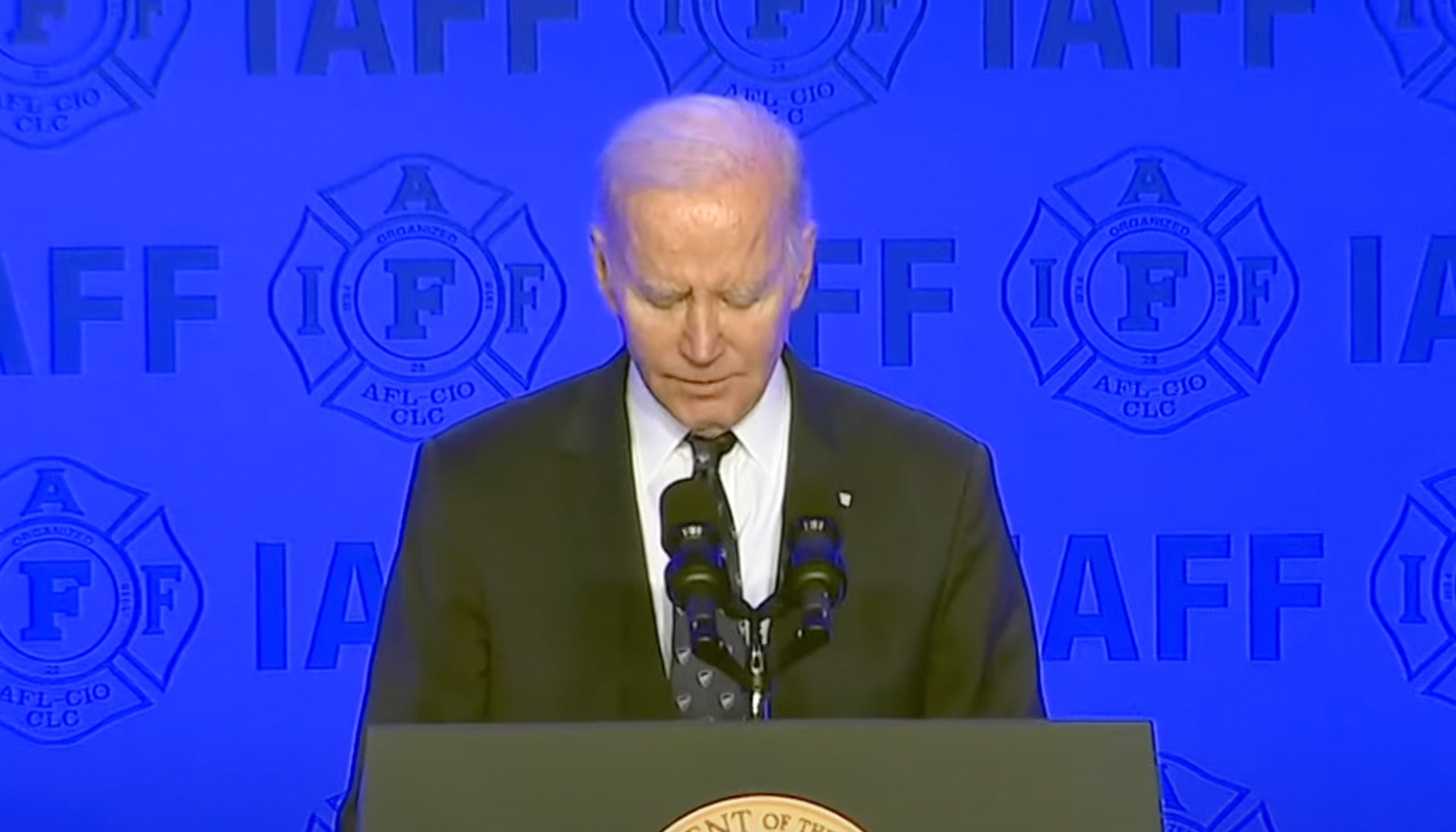Democratic Party Reevaluates Strategy After Significant 2024 Election Setbacks
In a bid to understand the substantial electoral losses sustained in 2024, the Democratic Party has embarked on a thorough introspection of its strategies and leadership.
After the 2024 elections, the Democratic Party is scrutinizing its disconnection from its base and reassessing its focus on divisive issues, which led to notable losses, as Politico reports.
The Democrats have initiated a series of post-mortems aimed at dissecting the causes of their disappointing performance in the recent elections. These reviews have highlighted several areas of concern that need immediate attention.
Insights from Focus Groups Highlight Challenges
Feedback from focus groups, orchestrated by polling firm GBAO, revealed a perception of the party as out of touch with its traditional base. Participants in these groups included a diverse array of voters, such as those who shifted their allegiance from Biden in 2020 to Trump in 2024, and others who abstained from voting in the recent election.
The results from these focus groups have painted a picture of a party overly concentrated on ideological purity and diversity, neglecting the broader electorate. This feedback has been crucial in understanding the voter shift seen in battleground states.
GBAO's post-election national poll indicated a rise in Trump’s approval ratings, marking the highest favorability since 2020 at 47%. This data points to an increasing dissatisfaction with the Democratic Party's leadership and strategies among voters.
Concerns Over Kamala Harris's Leadership, Authenticity
Many focus group participants voiced specific dissatisfaction with Vice President Kamala Harris, questioning her authenticity and effectiveness as a leader. This criticism has spurred discussions about her future political endeavors, including a possible gubernatorial run in California.
Her public appearances and campaign strategies were frequently criticized for seeming inauthentic and overly staged, which resonated poorly with the electorate. These perceptions may play a significant role in her decisions about her political future.
Moreover, an attack ad by Trump’s campaign that targeted Harris over transgender issues also resonated with the focus group participants, further complicating her public image.
Societal Norms and Democratic Party Policies Under Scrutiny
Another contentious issue brought up in the focus groups was the policy on gender-affirming surgeries for state prison inmates, a topic that has sparked debate on societal norms. This discussion reflects a broader concern over the party's direction and policy choices.
Participants expressed a need for clearer boundaries on what is socially acceptable, criticizing the Democrats for pushing the envelope too far on certain progressive agendas.
The sentiment from the focus groups and polling suggests a critical need for the Democratic Party to realign its priorities and reconnect with the broader voter base, rather than focusing narrowly on specific ideological groups.
Expert Opinions on Democratic Party Weaknesses
Rachael Russell, a polling and analytics director, emphasized that the perceived weakness of the Democrats in achieving tangible policy wins needs urgent address. This perception has significantly impacted their electoral fortunes.
According to Russell, the inability of the Democrats to effectively champion the needs of the people has been a glaring issue, echoed by many within the party and its critics alike.
Quotes from focus group participants vividly illustrate the frustration with the party. One likened the Democrats to ostriches, accusing them of stubborn adherence to failing ideas. Another compared them to koalas, critiquing their lack of urgency in securing meaningful policy victories.
Voters Express Dismay Over Perceived Elitism
A participant from Georgia criticized the Democratic leadership for being overly fixated on appealing to far-left social progressivism, commonly found in academic settings, rather than addressing broader, practical issues that concern the average citizen.
An Arizona voter described his impression of Harris as disingenuous, reflecting a broader sentiment that the Democratic Party's leadership often does not resonate with or represent the average American's concerns.
These reflections have formed a critical part of the Democratic Party's review process, as they consider restructuring their strategies and outreach efforts to regain lost ground in future elections.






